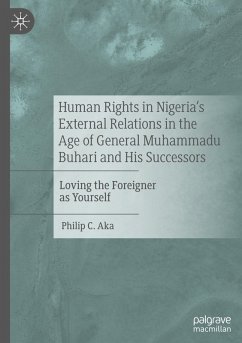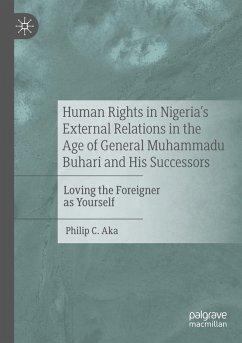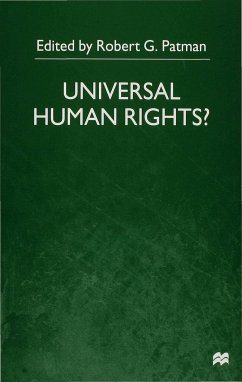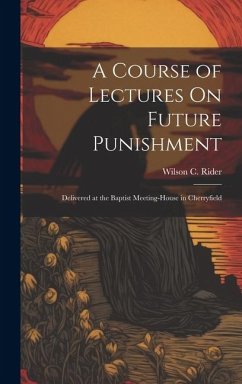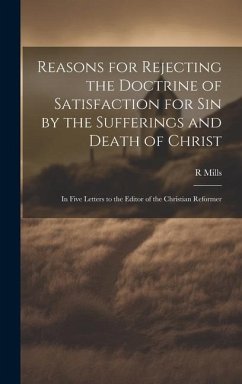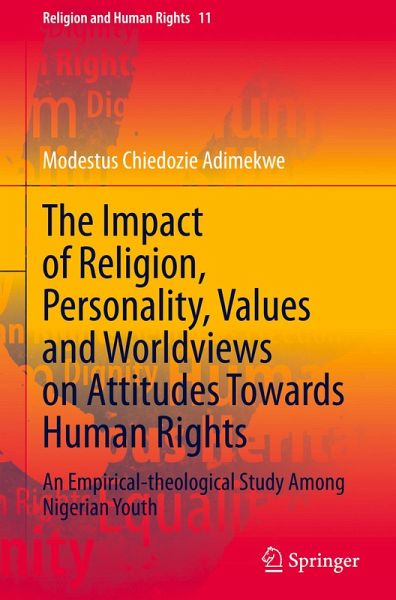
The Impact of Religion, Personality, Values and Worldviews on Attitudes Towards Human Rights
An Empirical-theological Study Among Nigerian Youth

PAYBACK Punkte
49 °P sammeln!
This book provides a rigorous investigation into the adoption and culture of human rights in Nigeria, with a focus on the human rights attitudes of Nigerian students. Exploring the perceived paradox of enthusiastic endorsement of human rights instruments and their poor application in Nigeria, the author uses an empirical-theological research design to understand how young people in Nigeria evaluate human rights and which factors trigger their evaluation. In doing so, this book is the first to empirically examine the predictors of human rights attitudes among Nigerians and provides new insights...
This book provides a rigorous investigation into the adoption and culture of human rights in Nigeria, with a focus on the human rights attitudes of Nigerian students. Exploring the perceived paradox of enthusiastic endorsement of human rights instruments and their poor application in Nigeria, the author uses an empirical-theological research design to understand how young people in Nigeria evaluate human rights and which factors trigger their evaluation. In doing so, this book is the first to empirically examine the predictors of human rights attitudes among Nigerians and provides new insights into the degree of social significance of the religiosity of adolescents in the country. It also offers a compelling quantitative analysis differences in human rights attitudes among Nigerian youth along religious lines.
Given the importance of a culture of human rights in our increasingly diverse societies and the salience of religion on this matter in Nigeria, and across the Africancontinent, this book provides a valuable perspective on the interrelationships between religion, value orientations, personality traits, socio-political context, and human rights. Being concerned with the future of human rights in Nigeria, the author argues that it is crucial to understand 'the religious factor' among Nigerian students today. This book is therefore recommended to educators, especially teachers of Religion Education, and scholars working in educational settings, but will also be of interest to researchers in social sciences, public administrators, and policymakers.
Given the importance of a culture of human rights in our increasingly diverse societies and the salience of religion on this matter in Nigeria, and across the Africancontinent, this book provides a valuable perspective on the interrelationships between religion, value orientations, personality traits, socio-political context, and human rights. Being concerned with the future of human rights in Nigeria, the author argues that it is crucial to understand 'the religious factor' among Nigerian students today. This book is therefore recommended to educators, especially teachers of Religion Education, and scholars working in educational settings, but will also be of interest to researchers in social sciences, public administrators, and policymakers.





